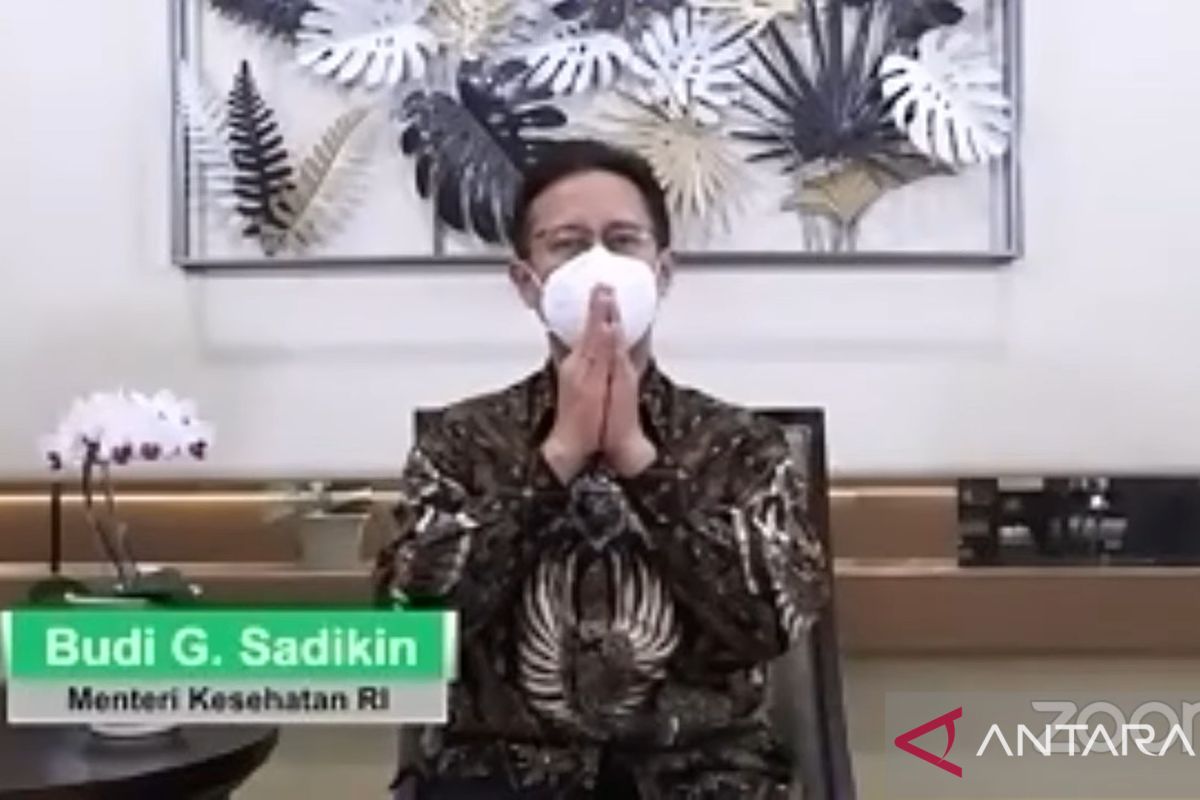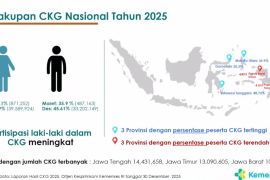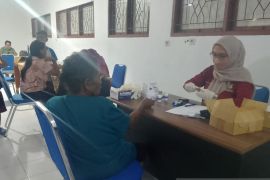To handle rabies and other zoonotic diseases, we must apply a one health approachJakarta (ANTARA) - The Indonesian government is using a "one health" approach to control rabies and other zoonotic diseases, according to Health Minister Budi Gunadi Sadikin.
"To handle rabies and other zoonotic diseases, we must apply a one health approach," he said at a webinar entitled “Strengthening One Health Collaboration, Rabies Free in 2030,” on Wednesday.
On World Rabies Day, which falls on September 28, it must be noted that rabies is still a health problem that must be prevented and observed, Sadikin said.
He made the observation based on data from the Ministry of Health showing that only 8 out of 34 provinces in Indonesia have been declared rabies-free. According to a report, 37 rabies deaths have been recorded in the country as of August 2022.
Related news: Health Ministry again opens reorientation program for pregnant women
Meanwhile, global reports have shown that about 98 percent of rabies cases worldwide are caused by dog bites, which lead to infection.
"Therefore, the maintenance of domestic dogs and the proper handling of stray dogs will determine the success of rabies prevention," the minister said.
Therefore, the government is continuing to monitor the development of the disease by applying the “one health” approach, he added.
This approach seeks to involve all levels of government and the community to carry out rabies control to achieve global rabies elimination by 2030.
Related news: Health transformation focused on preventing severe disease: ministry
“So, our task is to free 26 other provinces from rabies,” Sadikin disclosed.
The “one health” approach is expected to maximize the prevention of mortality from rabies in humans, which is determined by proper handling of bite wounds, anti-rabies vaccination, and the administration of anti-rabies serum, he added.
"This program requires joint work across ministries, both agricultural health and the environment. The support of all components is needed to free the world from rabies in 2030," he said.
According to Sadikin, the commemoration of the 2022 World Rabies Day is aimed at encouraging the acceleration of rabies control with the involvement of local governments while revitalizing health service facilities as rabies centers and strengthening networking between all policy makers.
"May God guide us in achieving global rabies elimination by 2030," he remarked.
Related news: Pregnant women class is vital service for women, babies: Ministry
Related news: Ministry provides COVID-19 vaccination service to foreign nationals
Translator: Hreeloita Dharma S, Resinta S
Editor: Fardah Assegaf
Copyright © ANTARA 2022












